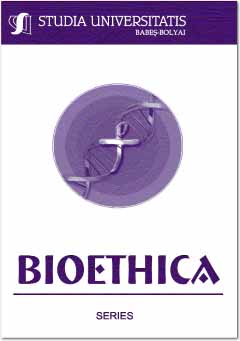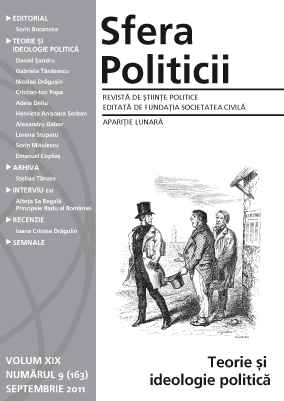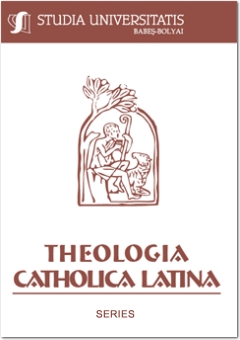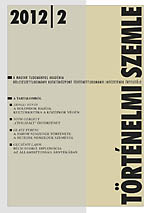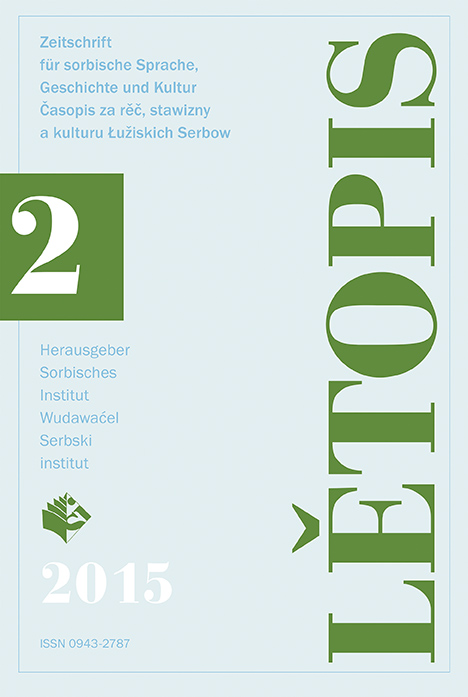
The Citizen’s Oath and the Wend Clause – Sorbs in the Medieval and Early Modern Town. New Perspectives on an old Research Problem
Bürgereid und Wendenpassus – Sorben in der Stadt des Mittelalters und der Frühneuzeit Neue Perspektiven zu einem alten Forschungsproblem
Keywords: Bürgereid; Wendenpassus; Kamenz; Mittelalter; Frühneuzeit; Bürgerrecht; Historiografie; Kamenzer Eidbuch; 1752; Rudolf Jenč; Frido Mětšk; Sorbian citizen´s oath; civic rights; Middle Age; the early modern period;
The motive for this article was the re-discovery by the author of an eighteenth-Century Sorbian citizen’s oath from Kamenz, which had been thought to be lost. To this day two very different sources of evidence have dominated the discussion about whether there were or could possibly have been Sorbian town populations in Lusatia in the Middle Ages and the early modern period. On the one hand citizen’s oaths in Sorbian appear to provide absolute proof of this possibility. On the other hand we know of discriminatory regulations (the so-called ‘Wend clause’), intended to make access for Sorbs to civic rights or entry into guilds extremely difficult or impossible. Despite constant attention being paid by Sorbian and German historians to this question, a systematic, critical examination and contextualisation of these contradictory phenomena has to this day not been developed. For this reason a series of generalisations and prejudices about the situation of the Sorbs in the towns of the pre-modern period have persisted. Using the Kamenz example as a basis, several errors in earlier historical writing are corrected in this article. At the same time several questions and problems are presented as guidance for further research. In conclusion the newly discovered Sorbian and the German citizen’s oath from Kamenz are presented in a critical edition.
More...
